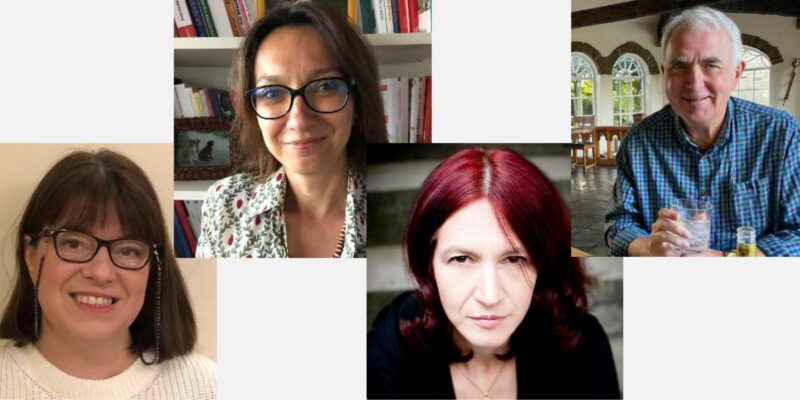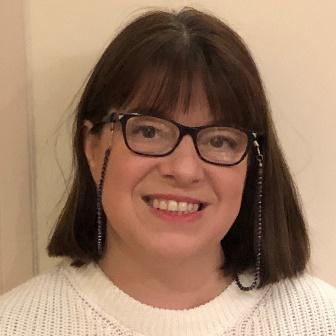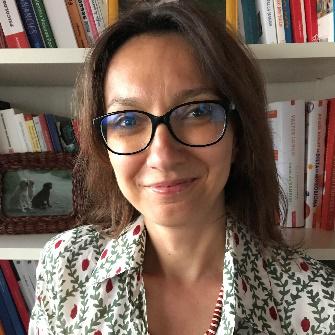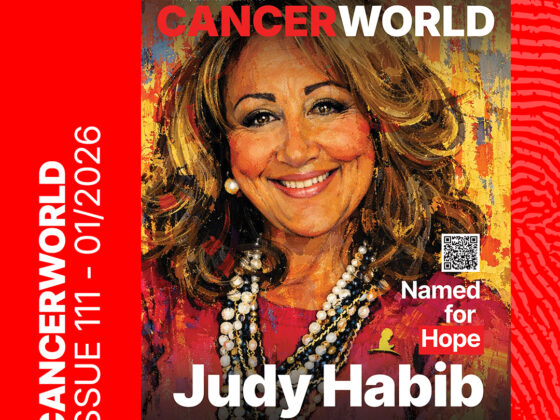Outstanding journalism recognised in ESO Award
Journalists from Italy, Germany and the UK have been recognised for their outstanding achievement in the 2021 Cancer Journalism Award, organised by the European School for Oncology (ESO) in Milan, Italy.
There were winners in three categories, who each receive €1500, with the overall winner receiving an additional €500.
Overall winner and Winner of Policy, Services and Affordability category
The overall winners were freelance science journalists Valentina Murelli and Maria Cristina Valsecchi from Italy, who jointly researched and wrote a piece on fertility issues for women receiving treatment for cancer – an issue, the judges said, that deserved the detailed and sympathetic focus that the authors provided.
The winners said: “It’s a great honour for us to receive such a prestigious award, especially because it acknowledges the importance of the topic we wrote about, preservation of fertility for women with a cancer. We believe that it’s a field where information can make a difference in life.”
Their article appeared on the “Eva – Sapere è potere”, a new website about reproductive health: https://evasaperepotere.wordpress.com/2021/03/29/tumori-femminili-e-preservazione-della-fertilita-si-puo-fare-o-no/
Winner of Prevention and Treatment category
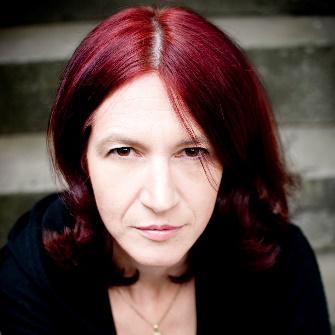 The winner of the Prevention and Treatment category was Katharina Nickoleit from Germany, for her radio report on cancer in Africa. The piece explored the precarious health systems in African countries, covering issues of prevention, vaccination, availability of affordable medicines, a shortage of doctors and lack of diagnostic equipment while always focusing on human experience.
The winner of the Prevention and Treatment category was Katharina Nickoleit from Germany, for her radio report on cancer in Africa. The piece explored the precarious health systems in African countries, covering issues of prevention, vaccination, availability of affordable medicines, a shortage of doctors and lack of diagnostic equipment while always focusing on human experience.
Katharina Nickoleit said: “I am very excited and feel honoured to receive this prize. The research in East Africa showed me once again how unfairly access to medical care is distributed globally. The fact that the European School of Oncology has awarded this important prize for a feature on the mostly neglected topic of cancer in Africa gives hope that this inequality might be overcome one day.”
The report appeared on Deutschlandfunk Radio: https://www.deutschlandfunk.de/afrikas-krebsepidemie-der-groesste-killer.740.de.html?dram:article_id=469243
Winner of Research and Science category
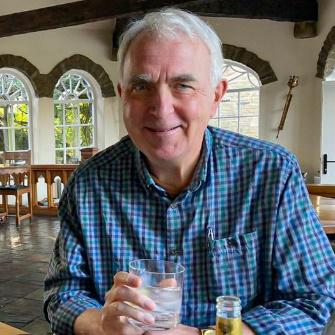 The winner of the Research and Science category was Robin McKie from the UK, for his article in the Observer about the discovery of the BRCA2 cancer gene: “How race to track mystery gene with links to three cancers saved millions”. The judges thought this was a piece of compelling storytelling on a subject that still has significant ramifications for the diagnosis and treatment of cancer.
The winner of the Research and Science category was Robin McKie from the UK, for his article in the Observer about the discovery of the BRCA2 cancer gene: “How race to track mystery gene with links to three cancers saved millions”. The judges thought this was a piece of compelling storytelling on a subject that still has significant ramifications for the diagnosis and treatment of cancer.
Robin McKie said: “I am honoured to receive this award and thrilled that the story of the discovery of the BRCA2 cancer gene has gained such recognition. I am indebted to the Institute of Cancer Research in London for providing me with invaluable help in researching my article and to the scientists involved. I am also very grateful to the patients whose lives have been touched by BRCA2 for their candour and trust.”
The piece appeared in The Observer newspaper: https://www.theguardian.com/society/2021/jan/10/how-race-to-track-mystery-gene-with-links-to-three-cancers-saved-millions
The judging panel
The judging panel for this year’s Award was: Simon Crompton, writer and scientific journalist; Dr Fedro Peccatori, ESO Scientific Director; Anne Preger, freelance journalist and winner of last year’s Award; Anna Wagstaff, Senior Associate Editor of Cancer World magazine

